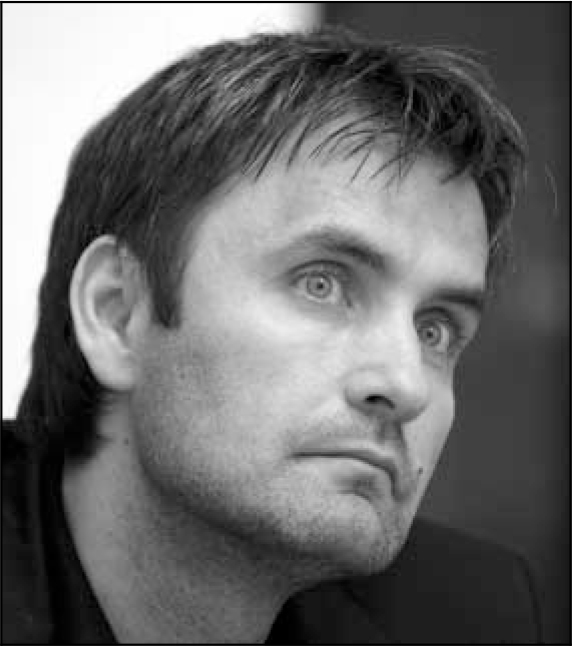Andrej Marušič, who died in June 2008, was born in Koper, Slovenia, in 1965. Completing his medical training at the University of Ljubljana in 1991, Andrej went on to obtain a BSc in psychology and an MSc in clinical medicine (cardiology) while he was completing his internship at the General Hospital in Koper.
In 1993 began his association with the Institute of Psychiatry in London, where he completed a PhD in the Department of Psychology in 1997. As well as his doctoral studies, Andrej also undertook a 1-year clinical rotation in the Department of Psychiatry at the University of Ljubljiana, as well as further clinical training at the Bethlem and Maudsley hospitals in London, UK, and Johns Hopkins Hospital in Baltimore, USA. After success in the Membership of the Royal College of Psychiatrists Examinations, Andrej was appointed as Clinical Lecturer in affective disorders at the Institute of Psychiatry in 1999. This post enabled him to complete his clinical training in 2003, after he and his family returned to Slovenia. There he took up post as Director of the National Institute of Public Health, before becoming Head of the Department of Health Research at Primorska University in 2006.

Andrej's research interests were many and varied, and included eating disorders, neuroimaging, addiction, injury-prone behaviour and biological and psychosocial risk factors for ischaemic heart disease, the last being the topic of his PhD. However, his main research interest was in the aetiology of suicide, particularly genetic risk factors.
Andrej was an attractive, highly astute, intellectual man who was a keen ambassador for his young country as well as an early promoter of genetic research into suicide in Europe. He was also a keen collaborator in a number of European research initiatives, thereby ensuring that, as well as joining the European Union, Slovenia also became an important part of the European research community.
His premature death last summer (Andrej was in his mid-forties) from cancer left his many friends, collaborators and students stunned and saddened. Although he had been unwell for some months, no one outside of his family knew how ill he really was. Indeed he carried on his work, research and student supervision until close to the end of his life.
Andrej leaves his wife Katja and children Maj and Kara.



eLetters
No eLetters have been published for this article.